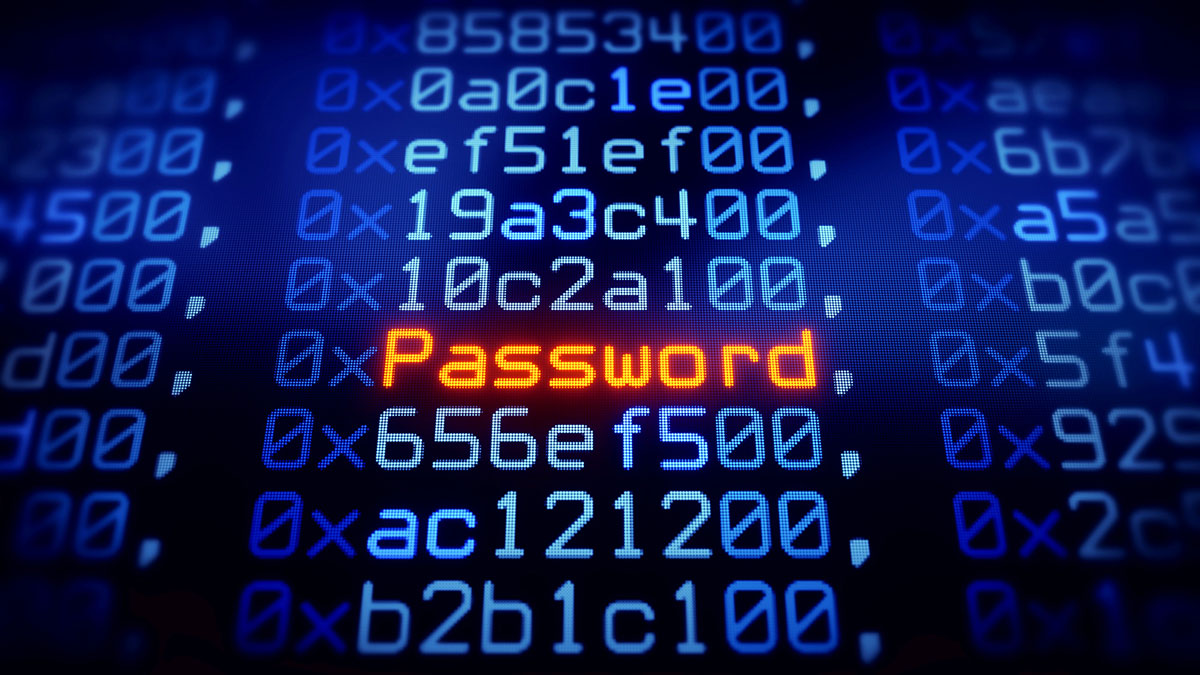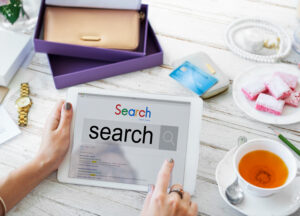What Is A Strong Password?
How many different passwords do you have? If, like us, you have email accounts, bank accounts, social media accounts and online store accounts, you’ve probably experienced the problem of juggling lots of passwords and trying to make sure each one is strong enough to satisfy the system yet straightforward enough for you to remember!
It’s a sign of the times that almost every aspect of our lives now take place online, usually in a protected area of the web that assures us it is secure and reliable. Part of the way in which our privacy is guarded is by using passwords, so it’s important for us to be aware of how best we can secure ourselves and others. So what, exactly, is a “strong” password?
What is a Weak Password?
Looking at what makes a password weak can help us to figure out what will work for us, so it’s a good idea to have an understanding of why some passwords just aren’t up to scratch.
It’s no good if your password:
- Is the same as, or contains part of, the user or account name
- Is a common word or local reference that can be easily guessed
- Contains letters or numbers in sequential order, such as qwerty, or 1234
- Contains simple codes, such as substituting @ for a
- Contains personal information
These password types are based on simple patterns that are easy to guess or crack at random using specific software. These problematic passwords also highlight the fact that many people share cultural influences, and many people reuse their passwords multiple times.
How to Choose a Strong Password
You need to consider what you’re protecting – your online banking password may need to be stronger than your personal messages! Look at the guidance on password length and any specifications regarding numbers and letters, for example, when you select a password, and follow these simple guidelines:
- Use more characters. Passwords should be a minimum of 8-14 characters where possible.
- Use a combination of lower- and upper-case letters, with numbers and symbols where you can, but don’t use substitution.
- Don’t use the same password for multiple sites, especially where important data is stored, such as your online banking websites.
- Avoid using personal information that is identifiable or available to the public.
- Choose random combinations where you can, avoiding patterns, sequences and common words.
Manage Your Passwords Securely
If you’re worried about forgetting your newly secured passwords, try a secure password manager that will keep them encrypted so that only you can access your personal accounts and private information.
Looking for Website Development in Cork?
If you’d like to find out more, simply get in touch with us via info@epresence.ie to discuss your business needs, or visit our website now!






